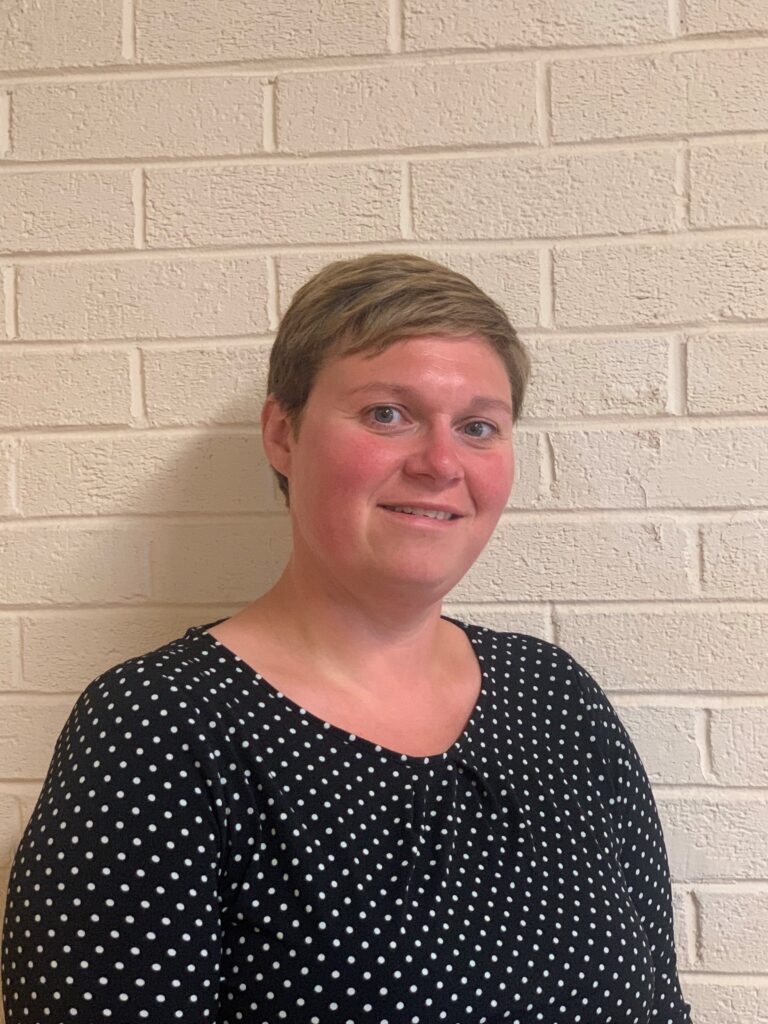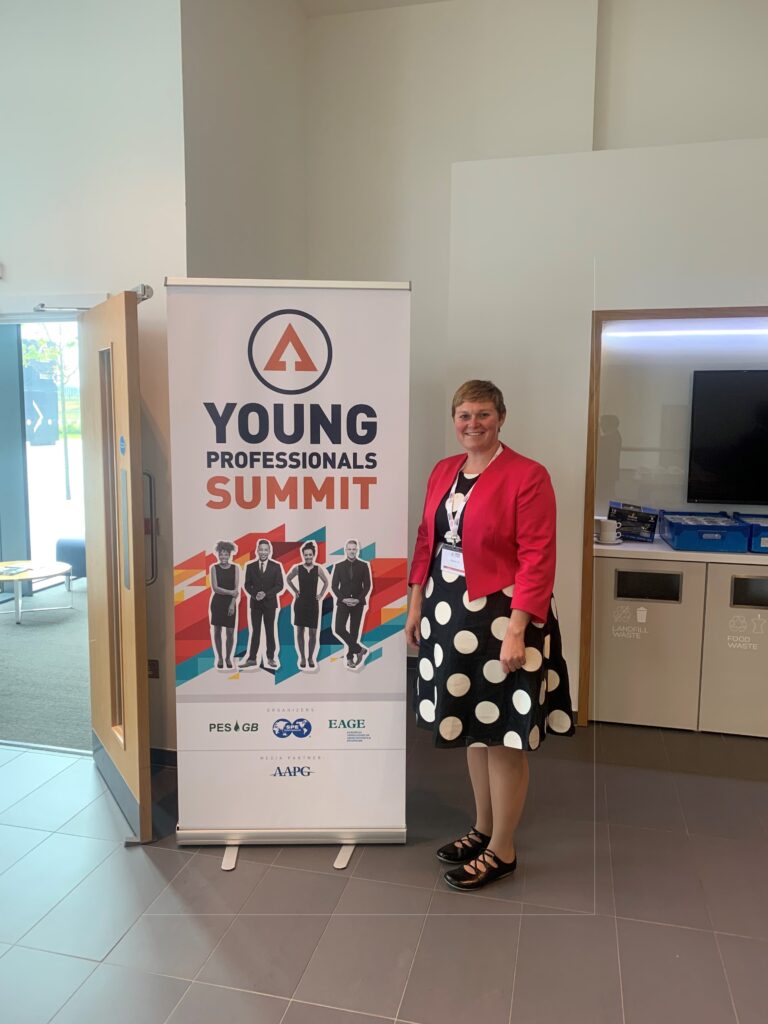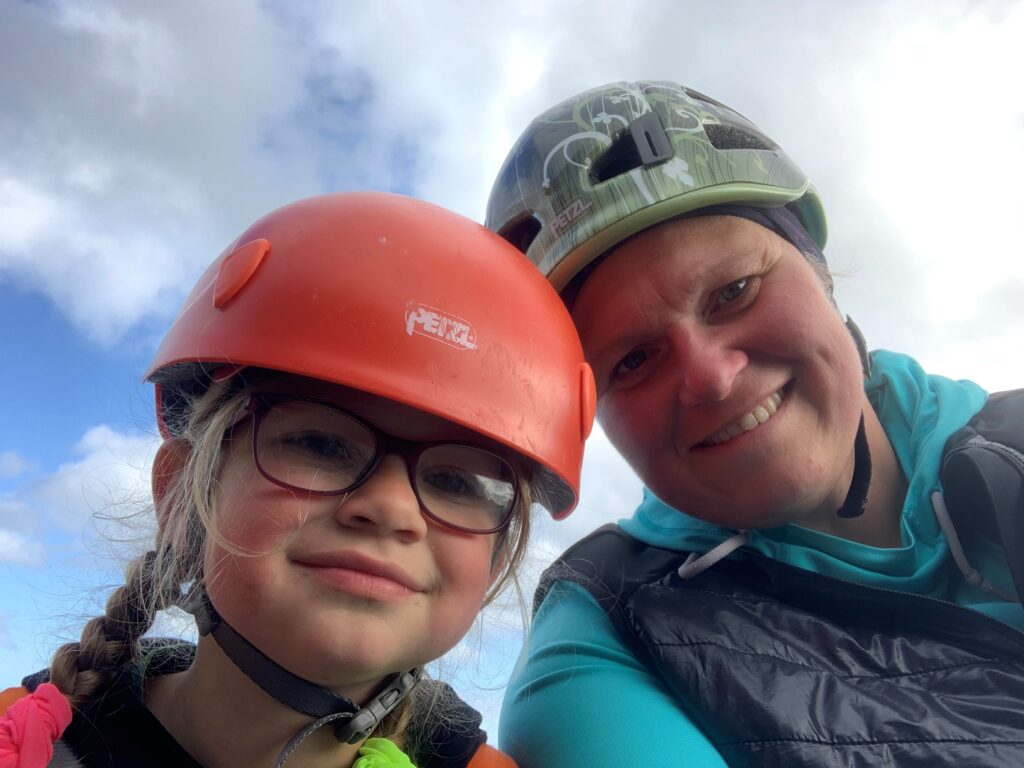
Caroline Gill, Subsurface Lead for the Arran Development at Shell UK, started her career at Cambridge University, gaining her Bachelor of Arts (BA) and Master of Science (MSci) degrees in Geological Sciences, and completing her Masters’ project in London with Amerada Hess. This was followed by a move to Edinburgh for her Ph.D., funded by a Natural Environment Research Council (NERC) studentship, with additional sponsorship from Shell, ExxonMobil, and Amerada Hess.
She said: “I moved to Edinburgh to do my PhD. I was really lucky to have a big industry data set from the Northern North Sea, which helped me to do a great piece of work on understanding the structural evolution of the North Sea.
“During that time, I met my now-husband and, on completing my studies, had three offers across the major companies. It was largely Shell’s willingness to make a commitment to me staying in Scotland for a number of years, rather than the traditional graduate scheme of year-long rotations – and accommodating us as a couple – that meant I chose to work for them. I started as a graduate and have worked my way up through to the subsurface lead position I am in today.”
Caroline’s husband subsequently joined Shell and has now been there for 15 years. “It’s something Shell does very well – which is ‘career couples’,” Caroline said. “We are treated as individuals, we have a very individual careers, but when the time comes to think about international moves, we are very much a package.”
Now a mother of two, Caroline recognises the benefit of an having had on-site nursery at Shell’s Aberdeen office. “I’ve had two short maternity leaves, at my own volition,” she said. “Both my children started at the Shell nursery at about four-and-a-half months old, and due to its proximity to the office, I was able to continue breastfeeding them during that time. It made a real difference to our family. It enabled me to continue working which was great for my mental health (I absolutely love the work I do), while not feeling like I had abandoned my children.”
A passionate ambassador for the energy sector, Caroline also delivers technical courses to Masters’ students, provides supervision to those at PhD level, and does some work as an external examiner. An important part of this engagement with universities is being visible and accessible around campus, and making time for one-on-one conversations.
She said: “Students may not always feel they can ask academic staff questions about what it’s really like in industry. I have conversations with women who want to know ‘is there an offshore career for me in oil and gas, I only know of men who go offshore?’. With two small children I also find that, increasingly, mature students will ask me what it’s like to work in industry as a parent and how I’ve managed the career breaks. Those conversations are often the ones that add most value.”

Prior to being involved in the D&I Task Group, Caroline participated in D&I work internally at Shell UK and within universities. An existing member invited her to join the group and she jumped at the chance. “For me, it provided an opportunity to be involved on an industry-wide scale, so it was a logical step and one Shell UK has supported all the way. My first response to being invited was ‘am I the right person to take this on?’, but it was a good personal challenge for me.”
As well as being a working parent, Caroline’s family background has also been an important factor in her advocating for greater inclusivity throughout her career.
She said: “My dad has multiple sclerosis. He was diagnosed when I was a child, so has been disabled for much of the time I remember. But my children don’t see their grandfather as a disabled person. He’s ‘grandad’. If you ask them about him, they’d say ‘oh, he’s got a great set of toy cars that we love to play with on the floor around his feet when we go and visit’. They don’t notice that he needs a wheelchair and that he can’t walk. I think that children have a wonderful way of seeing the individual and not the protected characteristic, which is amazing.
“I find that young children are often the ones who are the best at role modelling D&I. They see a person, and they accept that person for who they are. They don’t see different genders, races, religions. They don’t notice different family set-ups. That is a wonderful lens to look out of on the world, where you are surrounded by all these individuals, but you don’t feel the need to compartmentalise them in the same way that adults do.”

Caroline hopes to bring all her different experiences to the table as part of her involvement in the D&I Task Group;
in a bid to help drive a shift across industry, but also to make a difference on an individual level too. She said: “Of course, there are the big achievements we are targeting and it would be wonderful to be able to detect those changes but, for me, it’s as much about making the difference to one person too.
“If just one more person that I work with, or in our industry, feels that they belong more and that they have more opportunity, then everything I will have done with the Task Group will have been worth it.”
Meet the Team: Caroline Gill, Shell UK